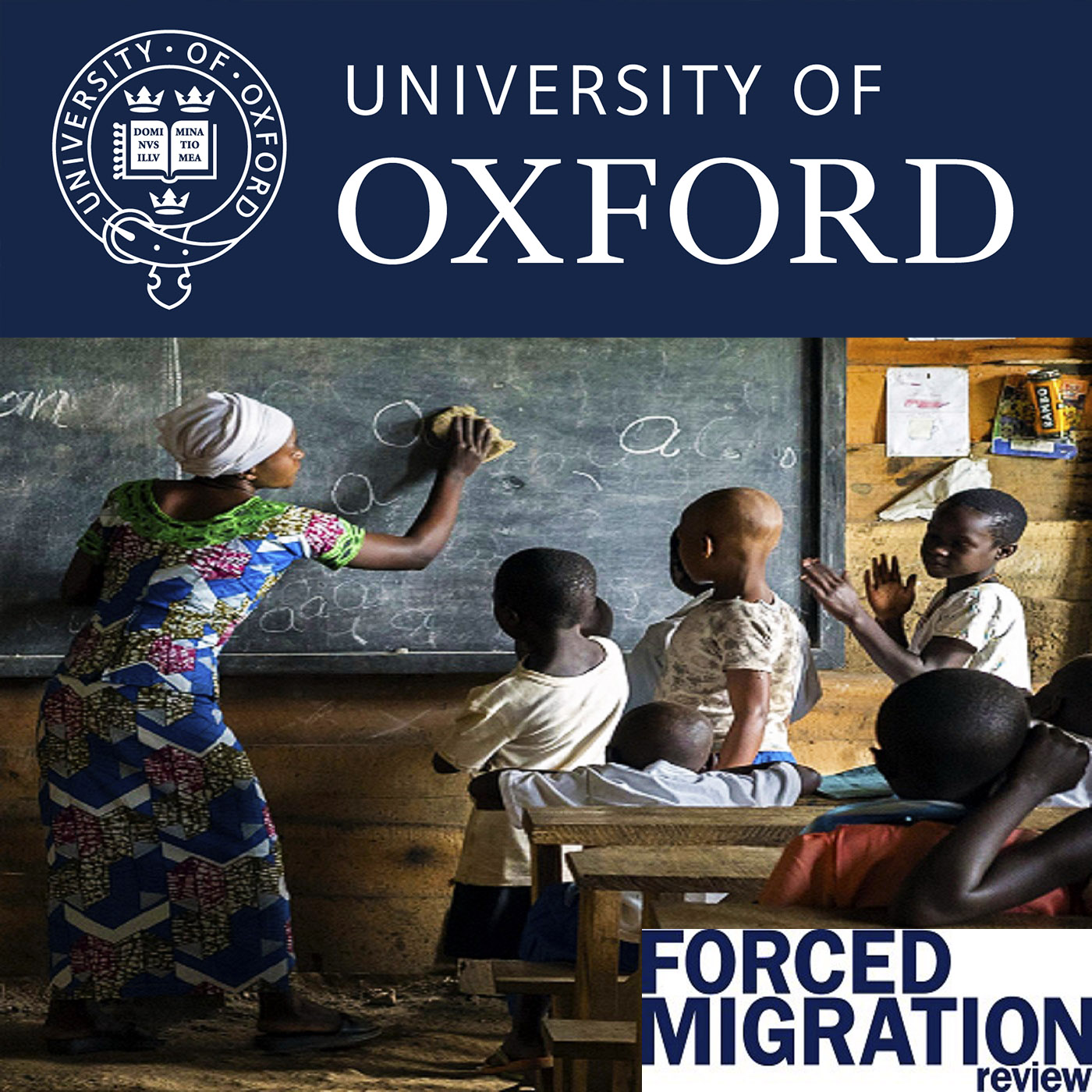Episodes
The global community must now take incisive, coordinated action through a whole-of-society approach to push forward the effective implementation of the two Global Compacts.
Published 02/20/19
The Grand Bargain promises much but an inherent lack of trust in the international system is hampering local capacity building.
Published 02/20/19
Analysis of educational research funding proposals submitted to Dubai Cares, a global education funder, indicates an alarming absence of input from local actors and end-users at all steps of the process.
Published 02/20/19
A new assessment tool aims to provide a rapid, holistic understanding of displaced learners' needs.
Published 02/20/19
An education in emergencies toolkit developed by Save the Children looks at how learning environments can be improved through community participation. An education in emergencies toolkit developed by Save the Children looks at how learning environments can be improved through community participation. Piloting the project in Syria and Uganda has also shed light on some of the tensions and contradictions that underlie education provision in humanitarian settings.
Published 02/20/19
Turkey and the wider international community must address gaps in educational provision so that Syrian refugees can access appropriate opportunities to learn.
Published 02/20/19
Curriculum choices matter greatly in countries that host large number of refugees for increasingly long periods of time.
Published 02/20/19
In the face of increasingly limited access to schooling for asylum seekers and migrants in France, volunteer initiatives have sprung up to provide much-needed informal education.
Published 02/19/19
Programming for early childhood development and psychosocial support needs to be able to evolve in order to cater for changing needs and to respond to emerging challenges.
Published 02/19/19
For far too long, donors and the international community have neglected education in humanitarian response. Switzerland was no exception. Food, water, health and shelter were the usual priorities during emergencies, while education was considered more of
Published 02/19/19
Evidence from programming built around this framework shows how a gender-responsive approach can alleviate the particular risks that face girls and boys during crisis and displacement.
Published 02/19/19
In this issue of FMR, authors from around the world debate how better to enable access to quality education both in emergency settings and in resettlement and asylum contexts.
Published 02/01/19
Published 02/01/19
Building an internal sense of safety while also teaching coping skills and how to remain alert to the very real risks outside is essential if psychosocial programming in Afghanistan is to provide a ‘safe space’ for children to learn in a context of high i
Published 02/01/19
Experience from the Central African Republic makes clear that global efforts to increase numbers of children in school, particularly in conflict-affected areas and for displaced children, need to pay greater attention to safety and accountability.
Published 02/01/19
Implementation of programmes in DRC and Nigeria demonstrates how the building blocks for long-term improvements can be laid in the earliest stages of an education in emergencies response, even in the most challenging contexts.
Published 02/01/19
As the education sector in Jordan moves from a humanitarian to a development response, a lack of planning for an appropriate transition risks excluding some groups of learners.
Published 02/01/19
Applying one learning theory retrospectively to a non-formal education programme for youth shows how learning theories can be used to assess learning in diverse EiE programmes. Applying one learning theory retrospectively to a non-formal education programme for youth shows how learning theories can be used to assess learning in diverse EiE programmes and how including such theories when programming could help ensure quality and relevance.
Published 02/01/19
Providing psychosocial support to children through the medium of child-friendly spaces can improve learning outcomes for children but requires more localised, partnership-driven and gender-responsive approaches and strengthened monitoring and evaluation.
Published 02/01/19
Research undertaken in Rwanda aims to provide firm evidence for use in improving access to inclusive educational services for refugee children with communication disability.
Published 02/01/19
Although education policies have been devised to integrate these children into the Greek education system, these policies have actually led to some students being segregated. The closure of the ‘Balkan route’ in the spring of 2016 has trapped around 21,000 children in Greece. Although education policies have been devised to integrate these children into the Greek education system, these policies have actually led to some students being segregated.
Published 02/01/19
Research shows that significant barriers confront refugee and asylum-seeker children arriving in the UK in terms of them getting into school and thriving in education.
Published 02/01/19
Education is a central element of resettled families’ lives and providing support to parents and children to learn about and integrate into the education system is essential.
Published 02/01/19
Changes to immigration legislation in the UK have led to restrictions on many asylum seekers' right to study.
Published 02/01/19
Students on the University of East London's OLIve course – a preparatory course for university access specifically tailored to refugees and asylum seekers in the UK – share experiences of accessing education as displaced learners.
Published 02/01/19


